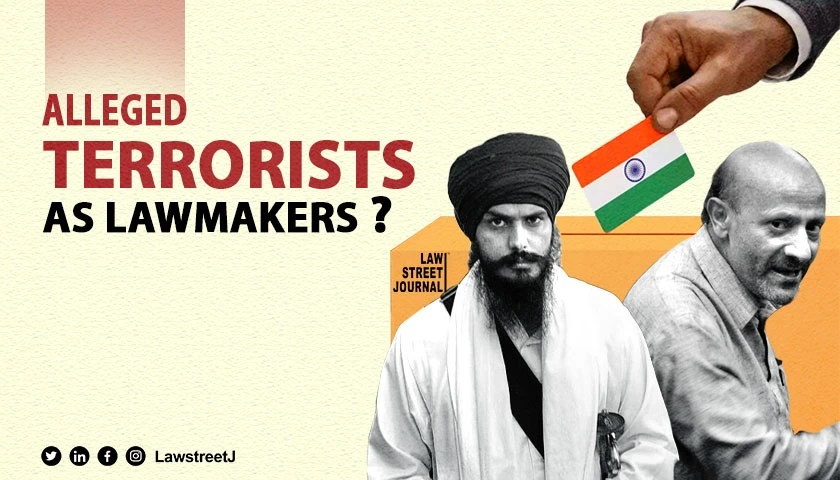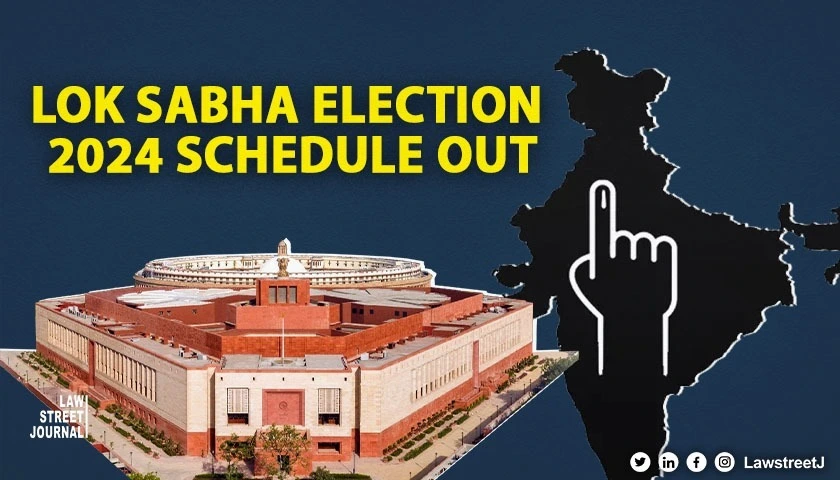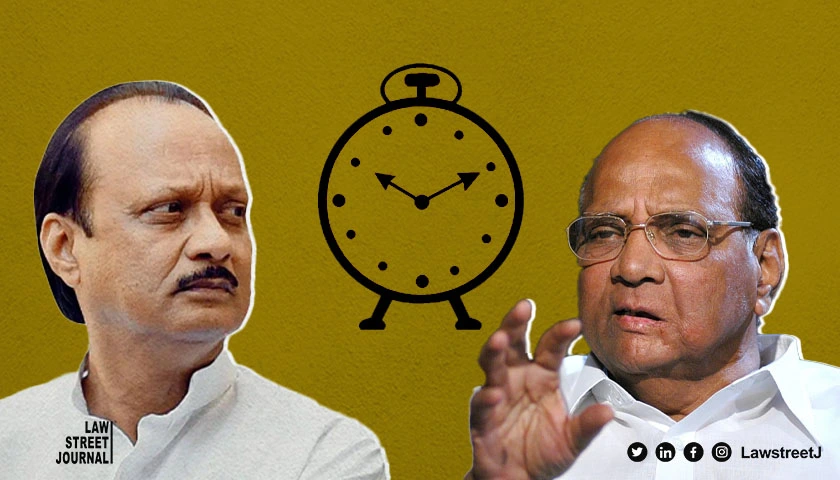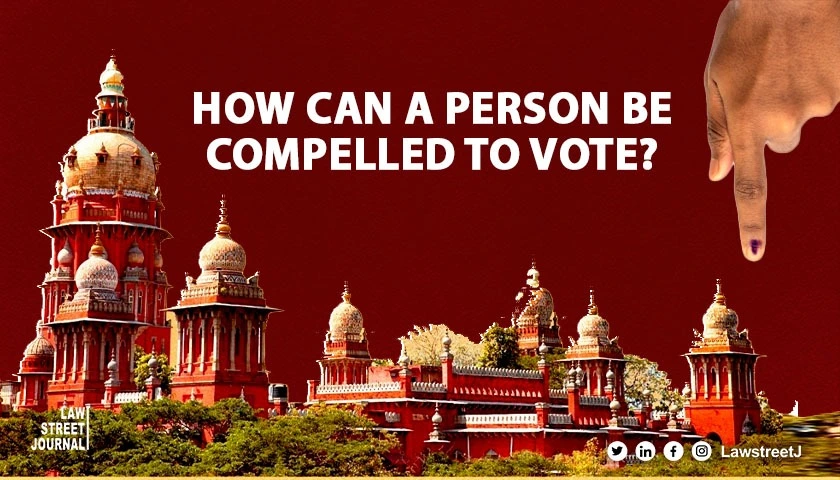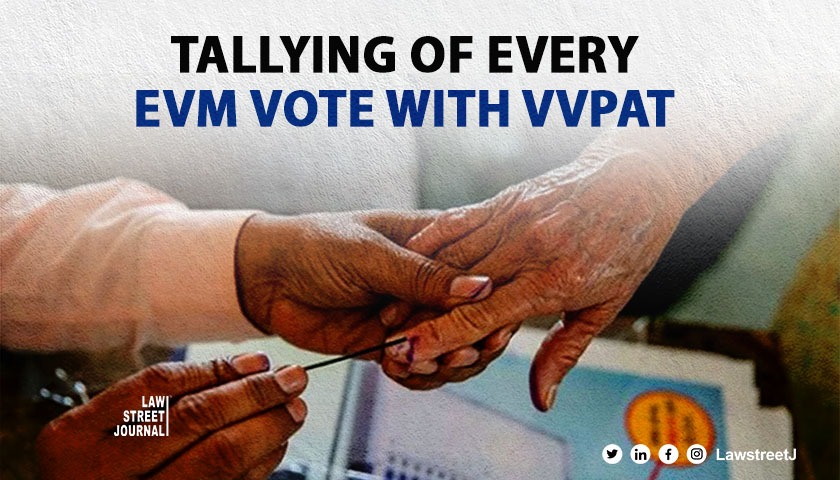New Delhi: The recently concluded Lok Sabha elections have created a unique situation in Indian parliamentary politics.
Two jailed candidates, Amritpal Singh and Engineer Rashid, currently imprisoned on terrorism-related charges, emerged victorious in the recent elections.
Join our Whats App Channel to get the latest legal updates
Their election has presented an unusual scenario. While the law bars them from participating in the 18th Lok Sabha proceedings, they retain a constitutional right to take the oath as members of Parliament, which certainly calls for an amendment to the laws. Heres why:
Amritpal Singh, who contested as an independent, won the Khadoor Sahib seat by the highest margin in Punjab over 1.97 lakh votes. Singhs victory came amidst a growing burden of debt, corruption, agrarian crisis, drug abuse, and unrelenting migration from Punjab.
Singh has been in jail since April 2023, arrested under the National Security Act along with other members of the pro-Khalistani outfit Waris Punjab De.
On the other side, Rashid, also known as Engineer Rashid, won the Jammu and Kashmir constituency of Baramulla. Rashid, currently lodged in Delhis Tihar jail on charges of financing terrorism, defeated Omar Abdullah, the leader of the National Conference, by more than 200,000 votes.
This development brings to light the legal intricacies and historical precedents surrounding the ability of incarcerated persons to contest and win elections in India.
Representation of the People Act (RPA), 1951
Indian law does not explicitly prohibit undertrials from contesting elections. According to the Representation of the People Act (RPA), 1951, a person is disqualified from contesting elections if they are convicted of an offense and sentenced to imprisonment for two years or more.
While a lawfully imprisoned person is prohibited from voting under Section 62(5) of the RPA (if they are confined in a prison, whether on a sentence of imprisonment or transportation or otherwise, or if they are in the lawful custody of the police), a 2013 amendment to the Act states that the person will still be considered an elector if their name is on the electoral rolls.
The amendment was carried out to overcome a July 10, 2013, Supreme Court judgment, which ruled that anybody in police custody or jail will not be able to contest elections because the person ceases to have the right to vote as an elector. The amended provision, however, allows even an imprisoned person to contest elections.
Through a series of judgments, the Supreme Court has clarified that the right to contest an election is neither a fundamental right nor a common law right. It is a right conferred by a statute, which is subject to several restrictions, including a valid order of police or judicial custody or detention.
Therefore, an individual cannot claim that he has a right to contest an election and that certain valid stipulations violate fundamental rights. However, undertrials, who are yet to be convicted, retain their mandate to contest elections, provided they secure the necessary permissions from courts that have their custody. This principle is rooted in the presumption of innocence until proven guilty, a cornerstone of the Indian judicial system.
Section 8(3) of the RPA states that a person convicted of an offense and sentenced to imprisonment for at least two years is disqualified from contesting elections for six more years after their release. However, this does not apply to undertrials, who have not been convicted.
Once elected, the next step for Rashid and Singh is to take the oath of office, which is a constitutional requirement for all members of Parliament. For this, the court may grant temporary bail to allow the elected representatives to attend the oath-taking ceremony in Parliament. Alternatively, the court can facilitate their swearing-in by sending them to Parliament in police custody only for the oath ceremony, and the Parliament security can escort them inside. They will have to go back to jail after the ceremony is over.
While the two get ready to take their oaths, their cases spark conversations about Indian parliamentary politics and Constitutional laws.

